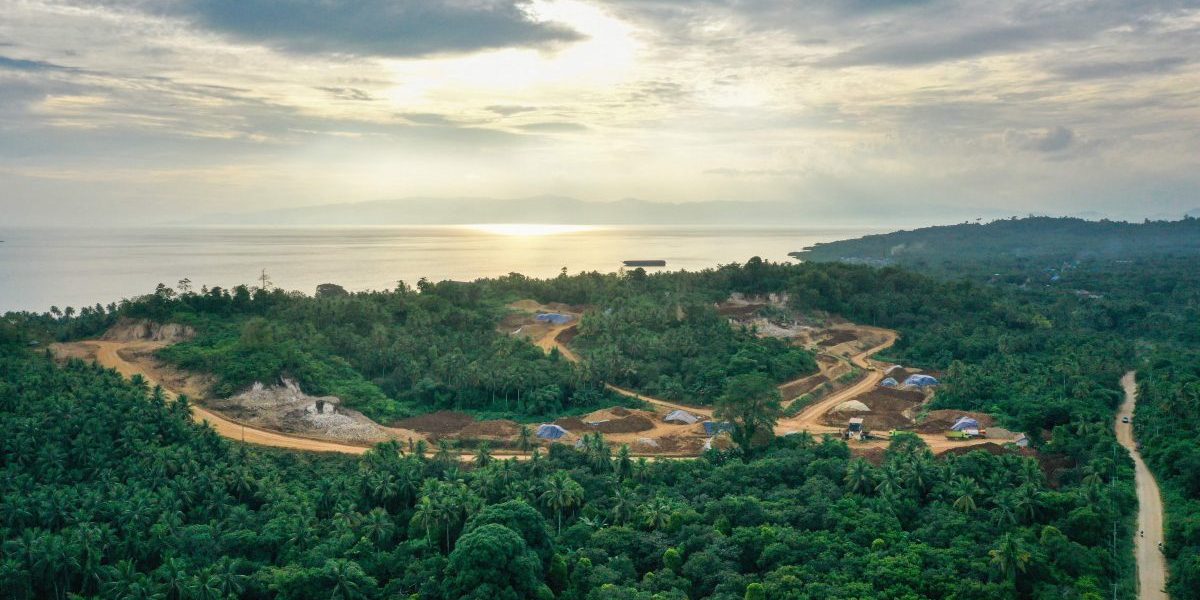Summary:
- Navigating the landscape of critical minerals: Our comprehensive report delves deep into the complex landscape of critical minerals in the SADC region, providing an in-depth analysis of their economic, environmental and social implications.
- Urgent need for sustainability transitions: We underscore the pressing urgency of addressing critical challenges such as corruption, environmental degradation and social inequities stemming from unregulated mineral extraction. By adopting responsible mining practices, we can safeguard natural resources for future generations while promoting clean energy, economic progress and social well-being.
- Charting pathways to preferred futures: Our research explores the driving forces and uncertainties that will shape the trajectory of critical minerals in SADC. By presenting various potential scenarios, we empower stakeholders to make informed decisions that help decision makers better prepare for, anticipate and imagine alternative futures of mining.
- Leveraging sustained and transformative innovations: Our report illuminates the transformative potential of critical minerals in driving economic diversification, job creation and technological advancement. By investing in sustainable mining practices and innovative technologies, SADC member states can harness these minerals to accelerate economic wellbeing and foster regional development.
- Advocating responsible governance: We emphasise the imperative of transparent governance frameworks, responsible environmental stewardship and inclusive development in the management of critical minerals. Through collaborative efforts and ethical practices, the SADC region can ensure that these resources contribute to equitable socio-economic progress.
- Fostering collaborative partnerships: Our findings underscore the necessity of fostering collaborative partnerships among governments, industry stakeholders, civil society and local communities. By working together, we can address the complex challenges associated with critical minerals and collectively create a draft strategic framework towards preferred mining futures.
- Catalysing action for systemic change: Our research serves as a catalyst for action, urging stakeholders to unite in steering the SADC region towards a brighter future characterised by responsible mineral practices, ecological resilience and shared prosperity. It is time to translate insights into impactful policies and initiatives that bring about lasting positive change.
This is the second special report in our series on Geopolitical Energy Futures. Explore other publications in the series:
Special Report 1:
Special Report 3:
Special Report 4:








